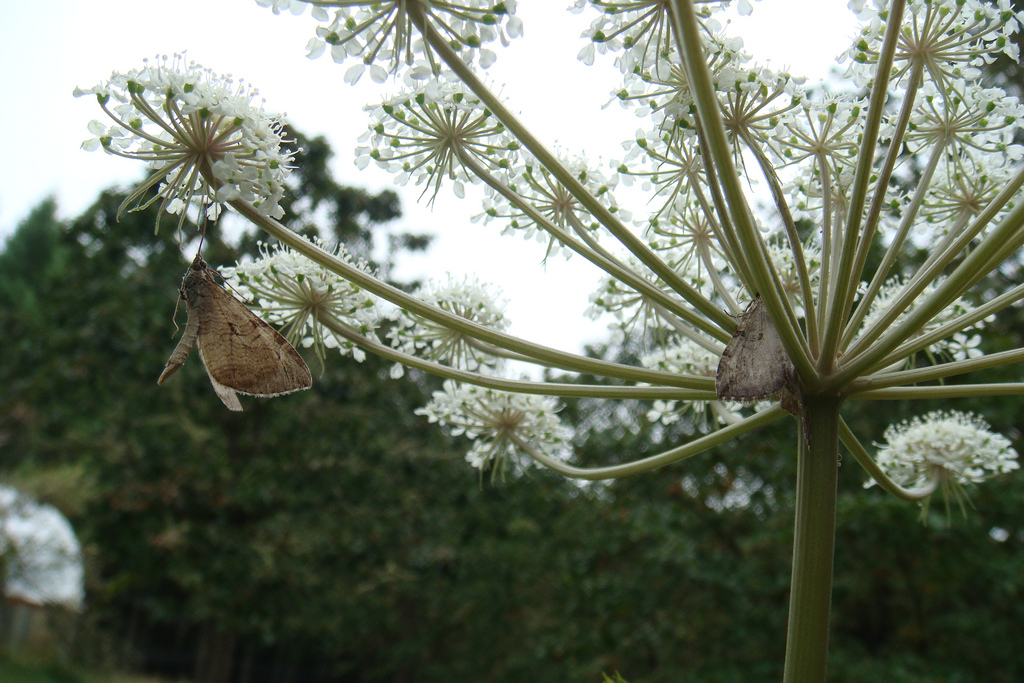Many women rely on medication to get a moment of relief from the myriad of pains that come with their monthly menstrual cycle. Some can get by with over-the-counter pain relievers like Tylenol or Midol. Others have to turn to birth control, which alters hormones and comes with several unpleasant side effects and scary risks, including an increased risk of breast and cervical cancer.
However, there may be a natural alternative in a tiny plant with pretty white flowers. Dong quai (Danggui) is the root of Angelica sinensis, which is in the same family as parsley, celery, and carrots. It has been used for centuries in traditional Chinese, Korean, and Japanese medicine to treat a variety of conditions, including menstrual cramps, anemia, pre-menstrual syndrome (PMS), pelvic pain, fatigue, heart conditions, high blood pressure, headache, infections, and nerve pain.
That’s a lot of power for an easily overlooked herb! While there haven’t been human trials that conclusively verify these claims, research has identified the ingredients that likely contribute to Dong quai’s many effects. Its two main active ingredients are Z-Ligustilide and ferulic acid, which have been shown to inhibit spontaneous uterine contraction in rats and reduce blood pressure and signaling molecules in the blood that cause inflammation, respectively.
Another paper used several analytical methods to determine the different chemical components of Dong quai. Overall, 76 individual compounds were identified, 91.36% of which are also found in essential oils. Many of the components identified have properties that likely contribute to the herb’s effectiveness. A class of molecules known as terpenes, including pinene from rosemary, alpha-terpineol from skullcap, and carvacrol from oregano and thyme, have anti-inflammatory properties. Pinene is also a bronchodilator; it opens the airways, which allows more oxygen to enter the blood and thus improves blood flow. 4- terpineol, the main component of tea tree oil, anethole from anise, and carvacrol are all antibacterial. Anethole also has mild estrogen-like effects.
Though there is an unfortunate lack of clinical trials for most herbal medications, there is plenty of research and anecdotal evidence for the effectiveness of Dong quai for the treatment of premenstrual and menstrual symptoms. It is also less expensive than most over-the-counter medications. It’s best to ask your physician or gynecologist before starting any medication or supplement. You’re just a doctors visit away from a less painful period!
Feature Image Source: sharin










